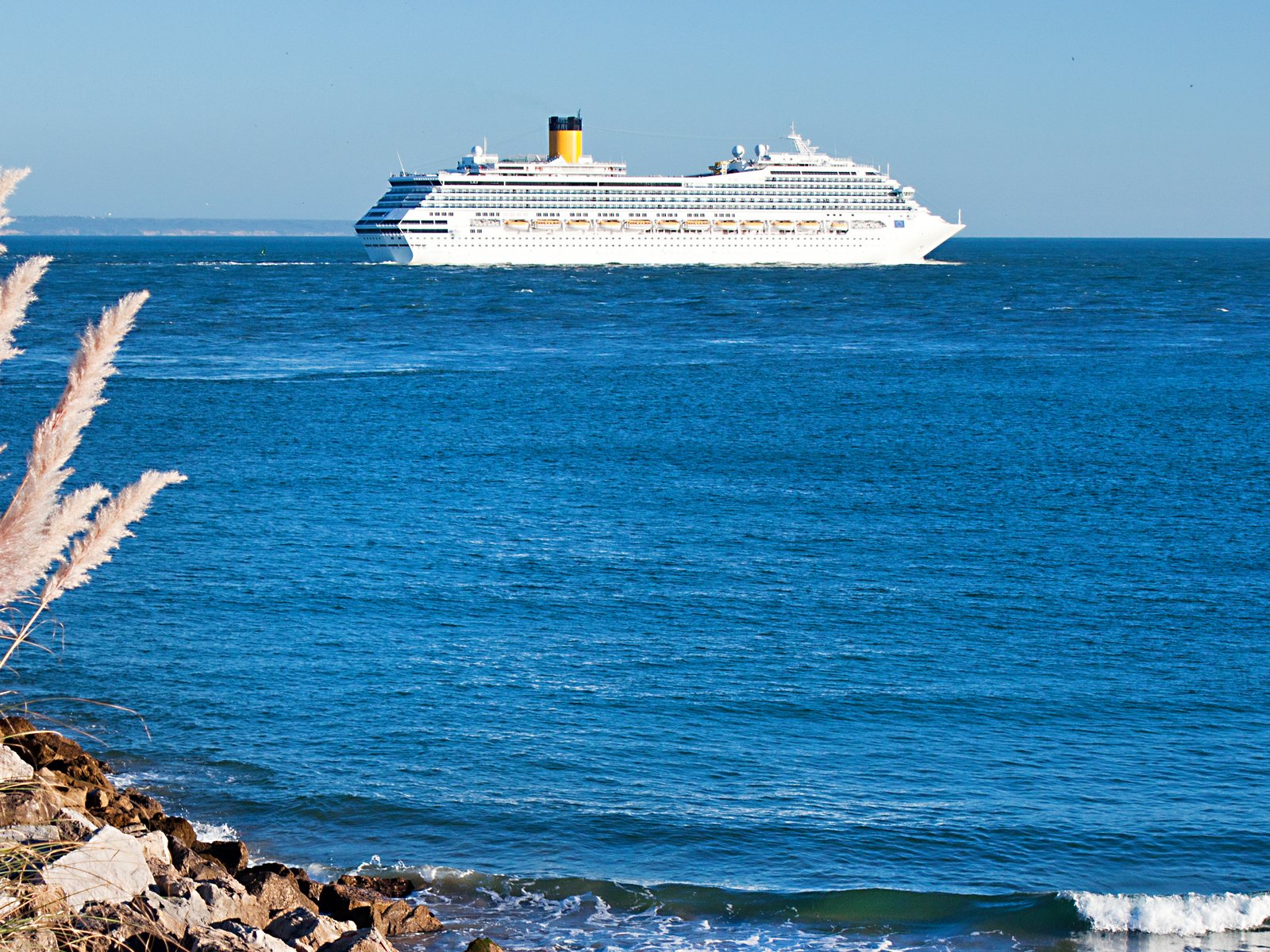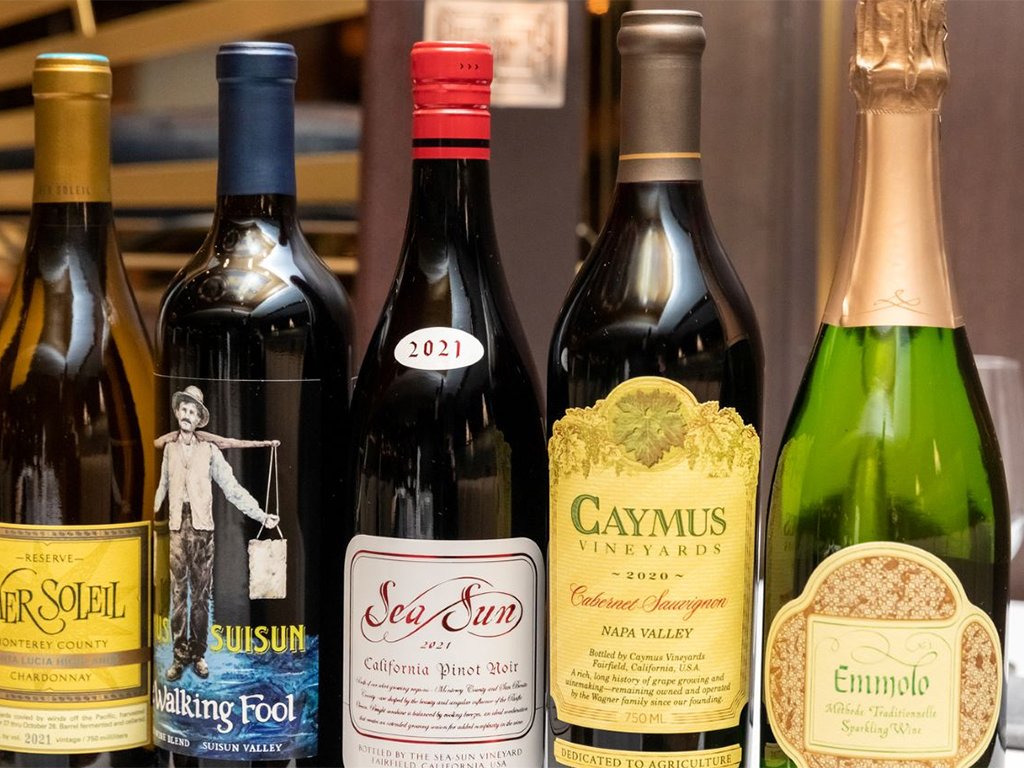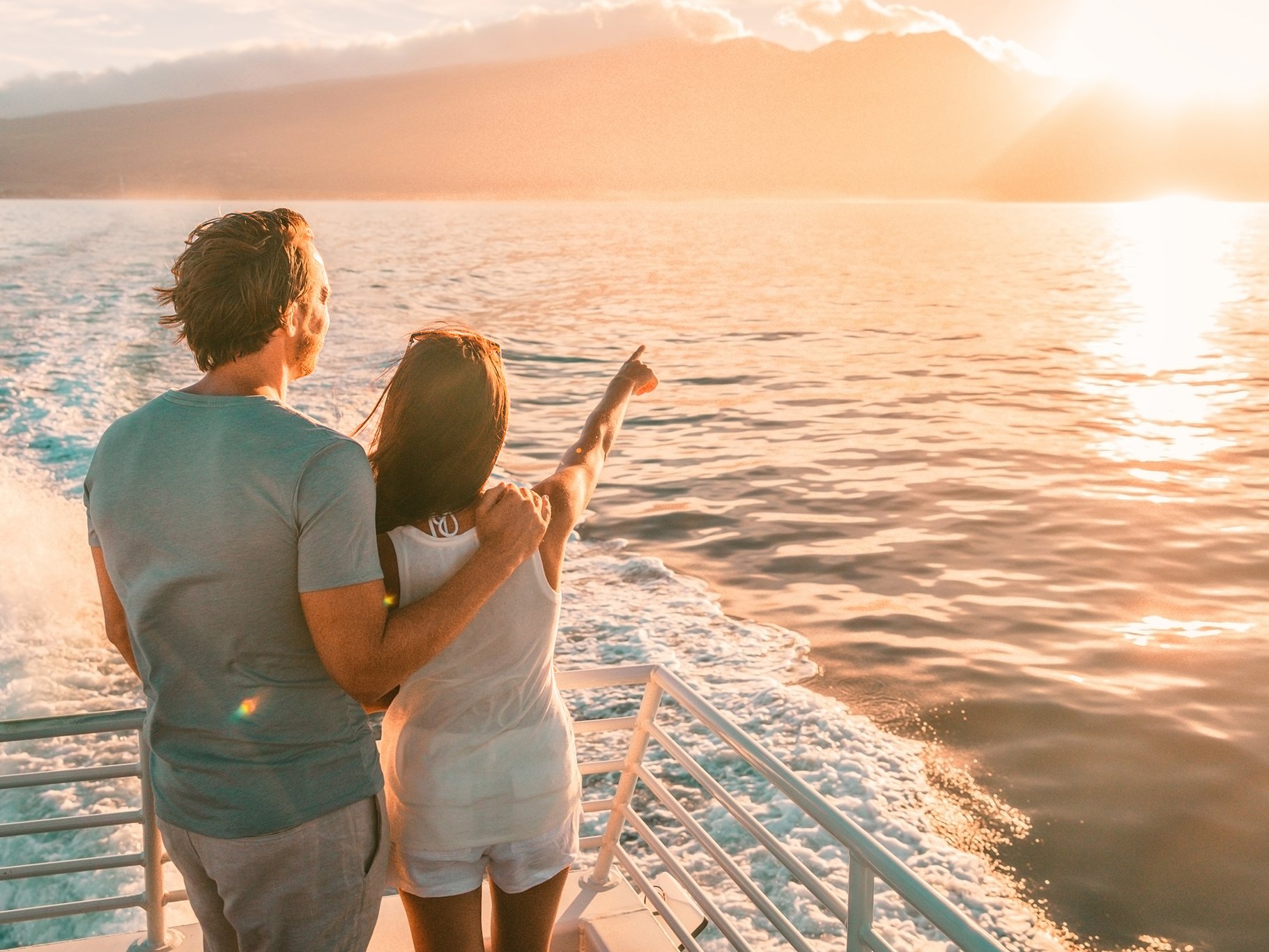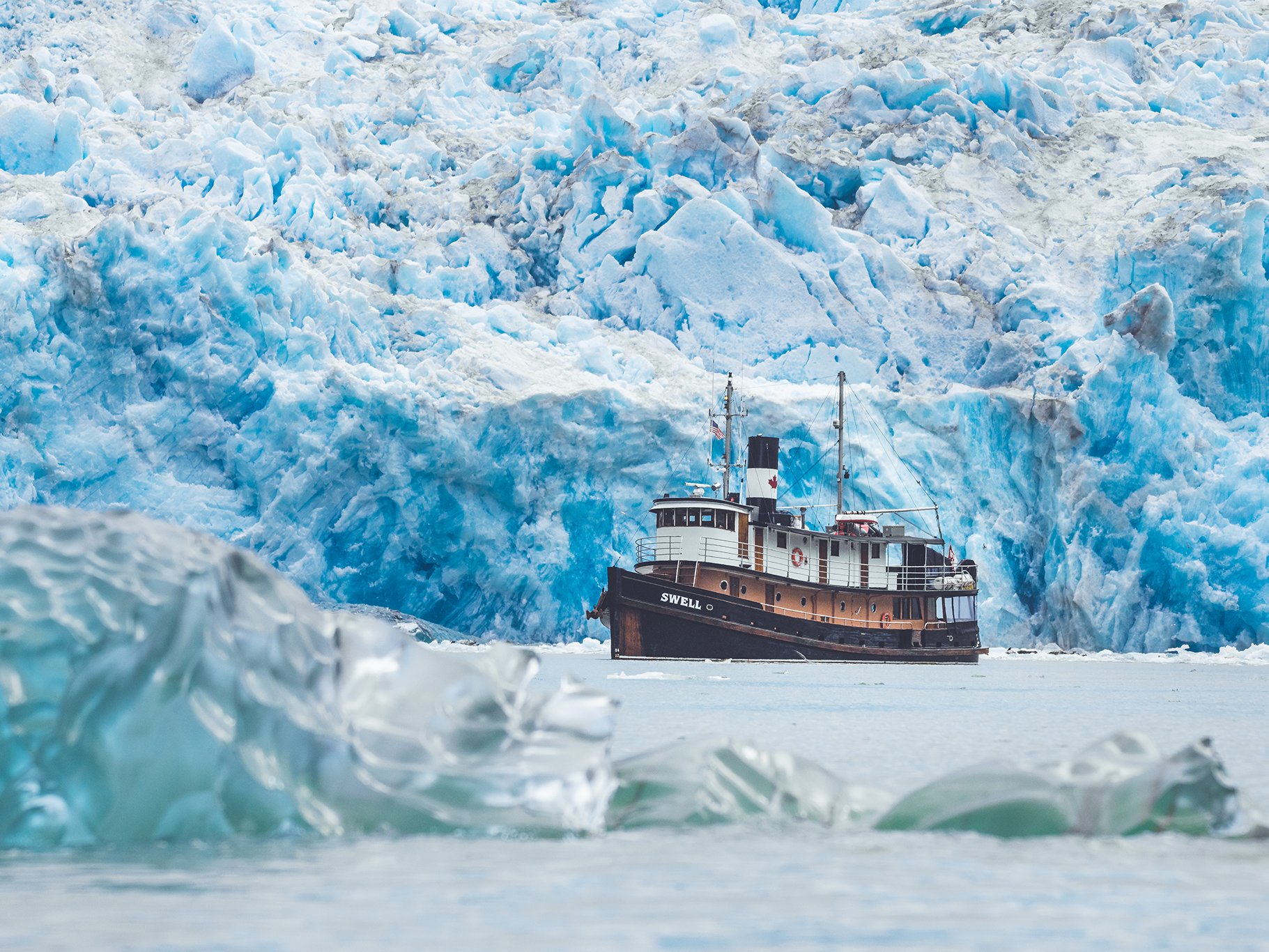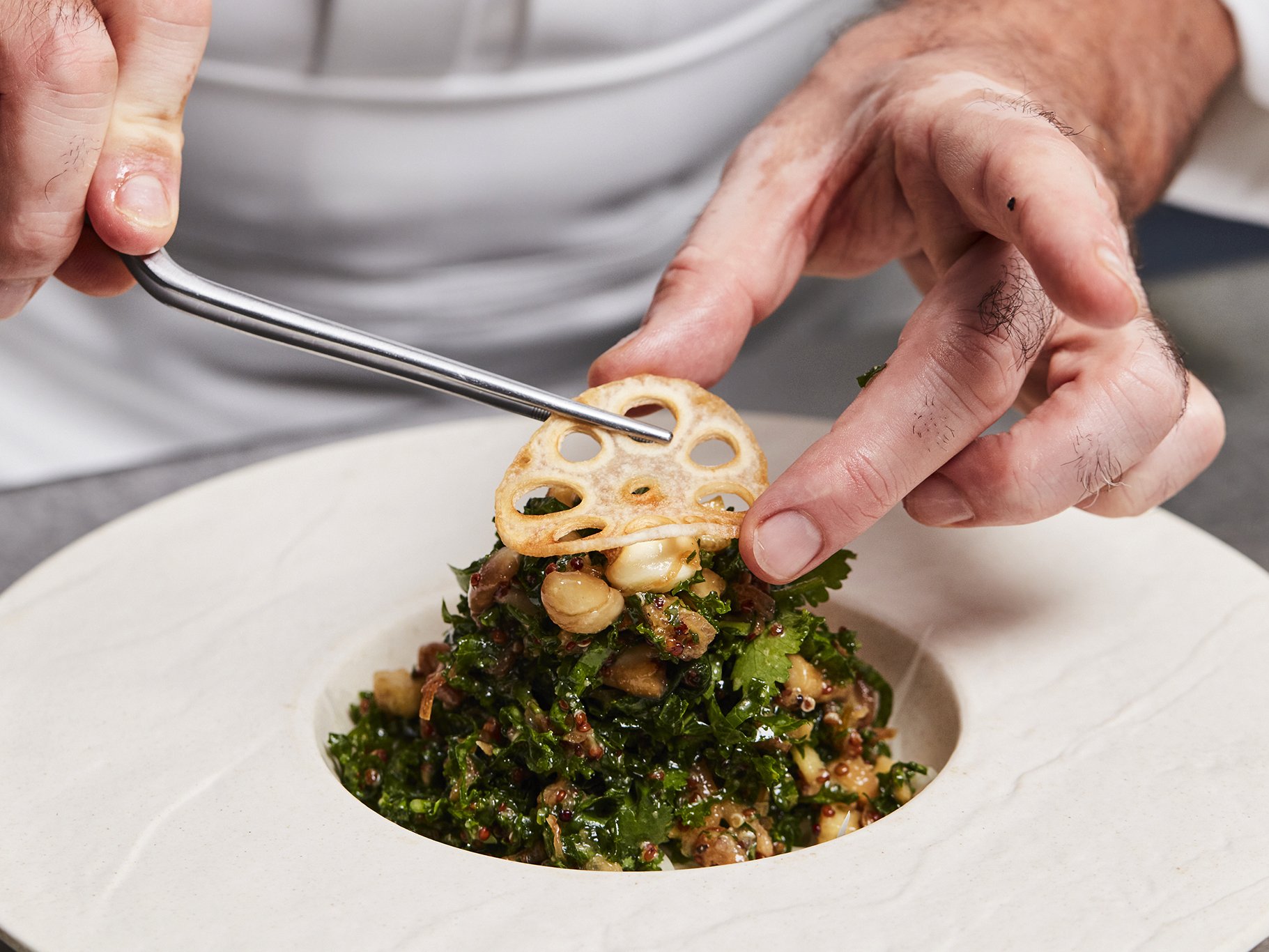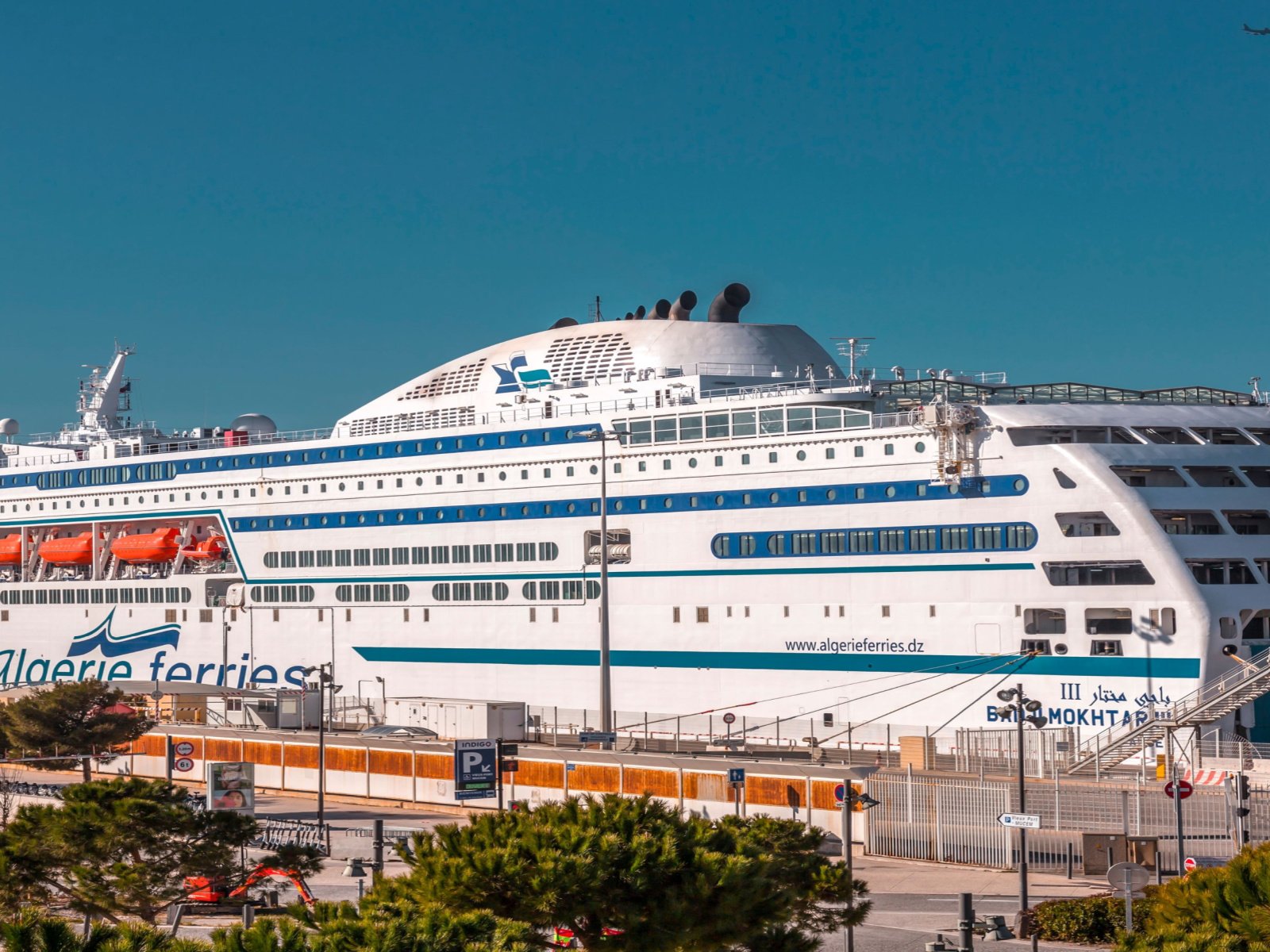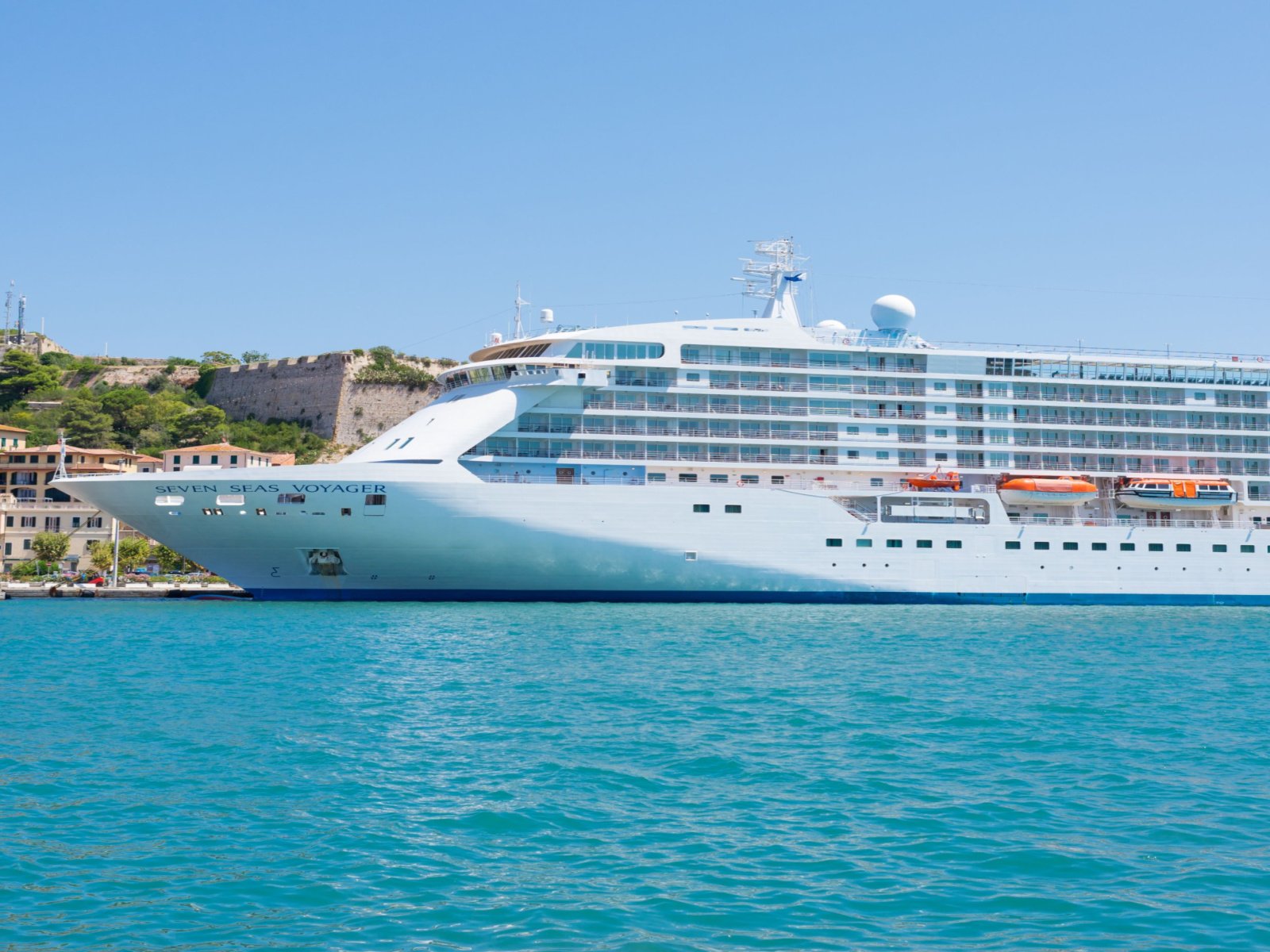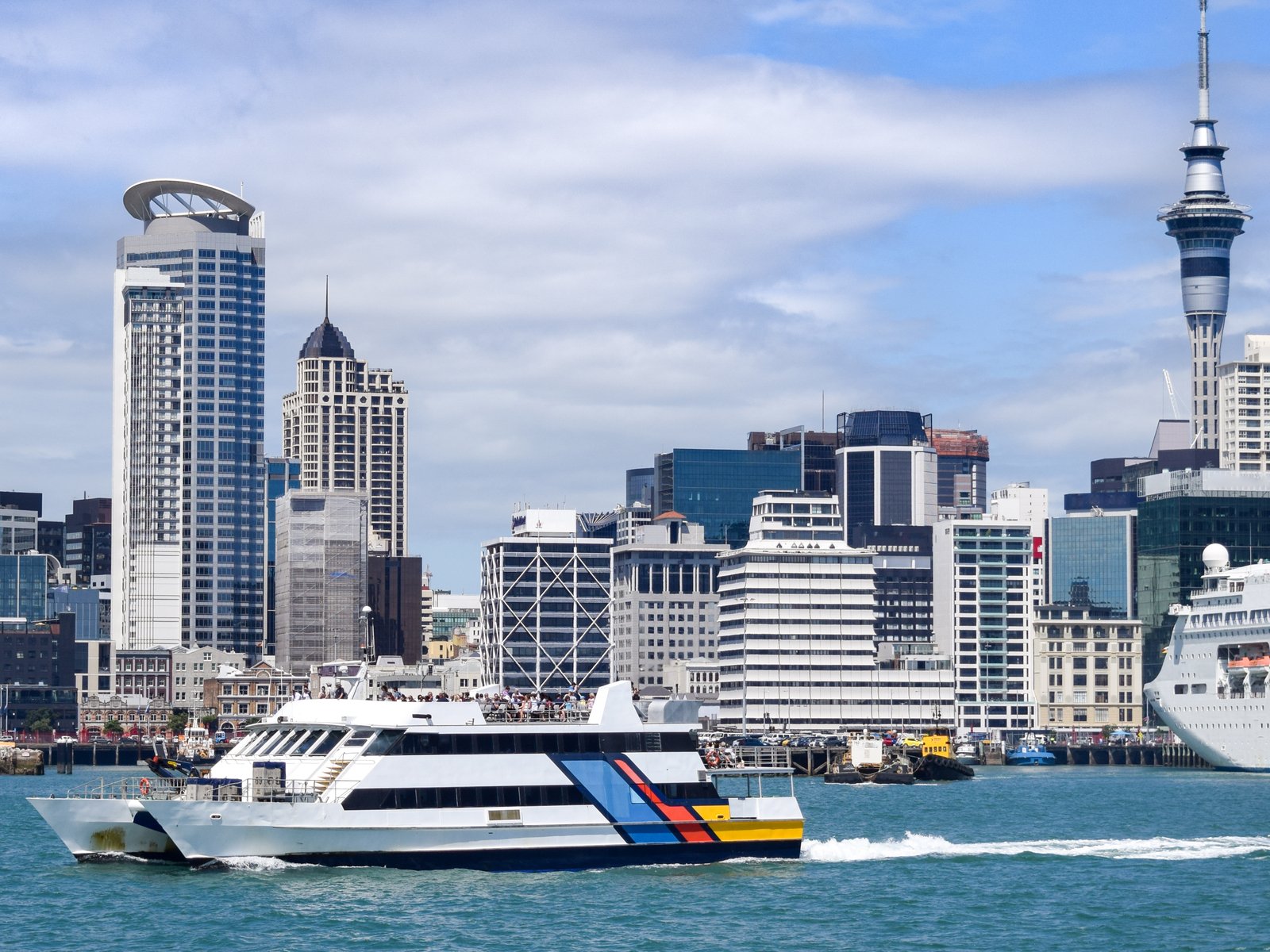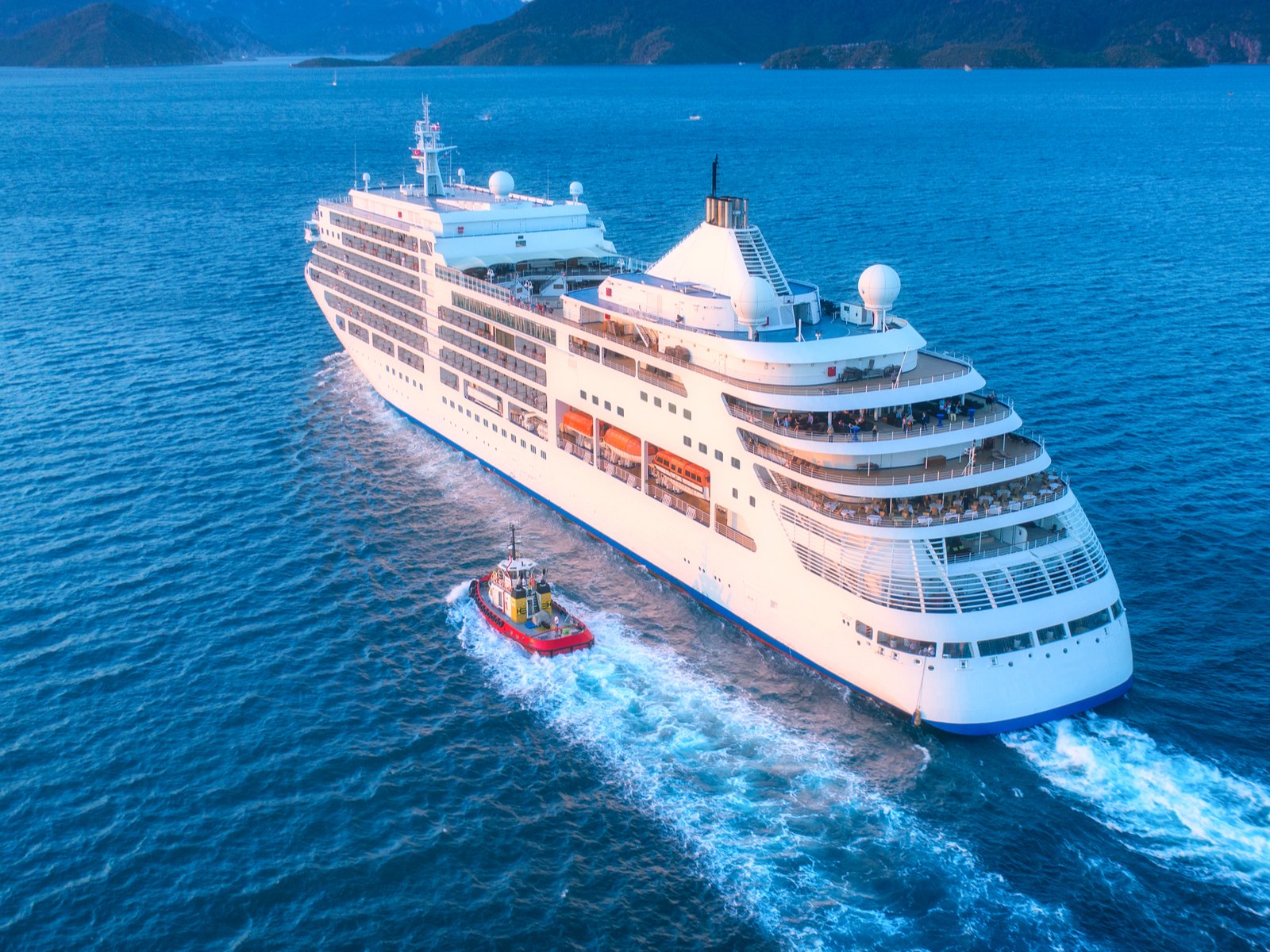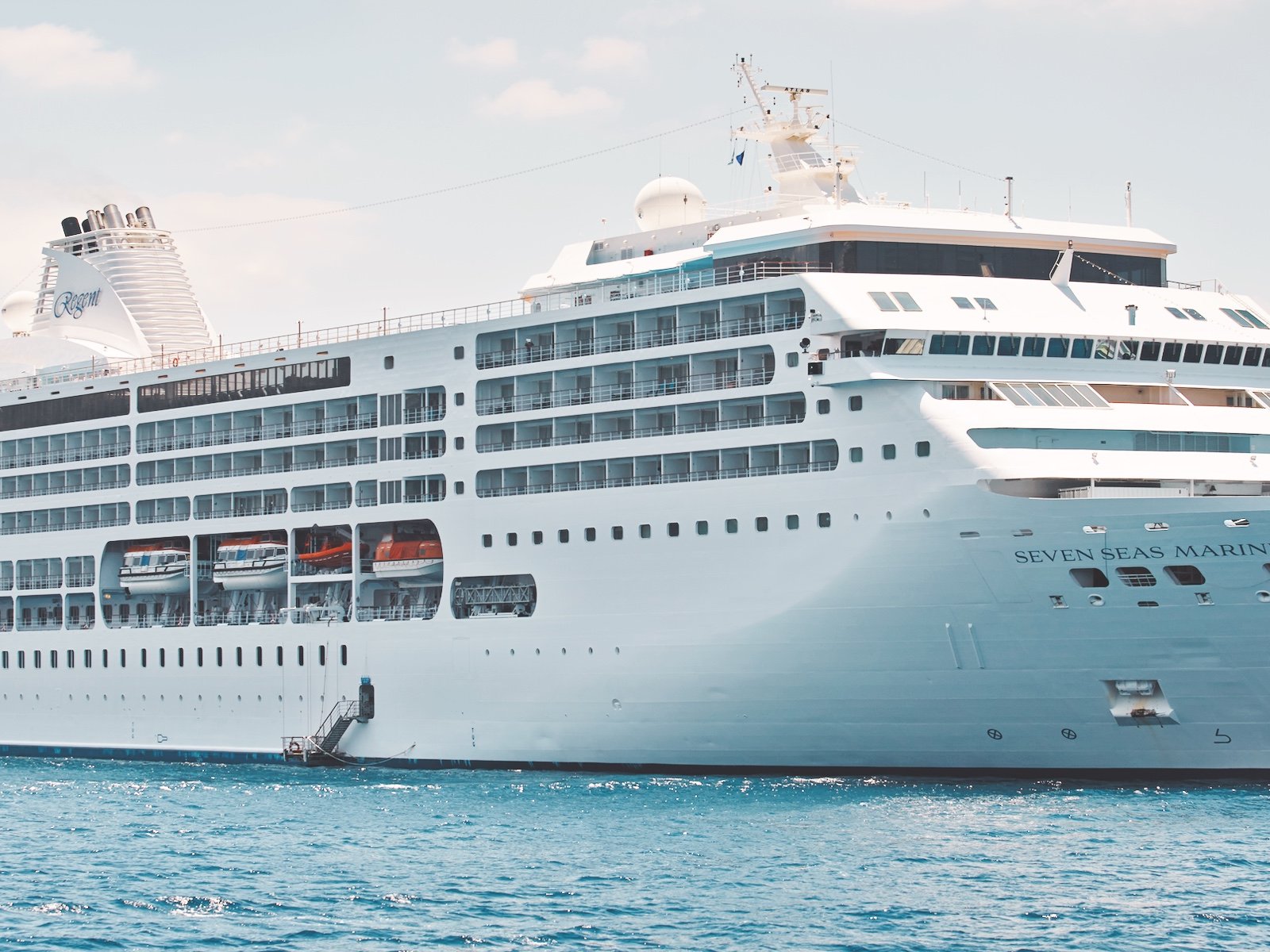10 Tips for First Time Cruisers
A sea voyage is fun, but life on board also has its pitfalls. If you have never been on a cruise before, prepare well with these tips so that the experience lives up to your expectations.
Anyone setting sail on a cruise ship for the first time should think carefully in advance about what kind of trip they wish to take. Familiarise yourself with the rules and (partly unwritten) laws on board so that you can enjoy the first few days on board in a relaxed manner. For Falstaff, Ruefa cruise expert Klaudia Hartl explains the hurdles cruise novices face; what should be clarified before the start of the journey, how the major cruise operators are dealing with the current Covid situation and what they demand from their passengers.
Where to go?
"If you are planning a cruise for the first time, you should definitely decide what kind of trip you want to take," says Klaudia Hartl. Basically, there is a choice between a classic cruise, an all-inclusive trip with numerous attractions and leisure activities on board, a party cruise, or a trip on an expedition ship (usually to exotic and/or extreme climes). This then determines most of the other factors such as possible routes and shore excursions, the duration of the trip and it will enable you to choose the most appropriate ship.
Taster tour
If you are going to sea for the very first time, the Ruefa expert recommends starting with a short cruise to check out whether this type of travel suits you: "A three- or maximum four-day trip is perfectly sufficient to gather enough impressions on the basis of which you can decide whether you want to set sail again."
Budget advice
Cruises are not cheap in themselves. And those who value a certain minimum level of comfort and travel experiences (i.e. who want to go on several shore excursions or take advantage of other additional services) should consider beforehand how much they can or want to spend on their trip. Klaudia Hartl: "If additional services such as shore excursions or drinks and food are not included, then the additional costs can quickly be as high as the basic price of the trip."
Dress code
Which items of clothing have to go in the suitcase depends primarily on what kind of trip you have booked. On classic ocean liners, things are generally more refined – evening dresses and dinner jackets are obligatory at the Captain's Dinner. Check in advance to find out what is expected and what is not.
Internet on board
Attention, cost trap! Check with your mobile phone provider before you travel to find out what international rates apply. It's best to book a WLAN package on board to avoid unpleasant surprises.
The agony of choice
You should think carefully about your choice of cabin. If you are prone to seasickness, it is best to choose a cabin in the middle of the ship, where any heave, pitch or rolling is the least pronounced. Also check where in the ship there are noisy rooms (disco, concert hall, etc.). Note: Cabins at the stern can also be much louder than those further forward due to the engines.
Seasickness
There is no shame in it, many passengers suffer from it at first. There are numerous medicines for it (and well-equipped pharmacies on every ship). A home remedy: look for a point on the horizon and keep your eyes on it – this stabilises your equilibrium organ. Foods with ginger in them also help settle the stomach. Usually seasickness subsides after a few days.
Tips
Often, a flat rate for tips is already included in the cost of the trip – check this in advance. On board, everything is usually paid for with a so-called boarding card (which works like a credit card and is settled at the end).
Shore excursions
Book shore excursions that interest you in advance to be sure of getting a seat. Attention: Ships do not wait for individual passengers! If you go ashore on your own and miss the boat back to the ship, it's your own fault.
Corona regulations
Most shipping companies now only allow vaccinated passengers on board. The entry requirements of individual countries on route can vary greatly and change at short notice. "For example, hardly any landings are possible in Africa or Asia at the moment," says Ruefa expert Hartl. "And in the Caribbean, most islands insist on proof of vaccination." Nowadays, very high hygiene standards apply on board and there are quarantine departments on all ships to isolate passengers who may fall ill.

